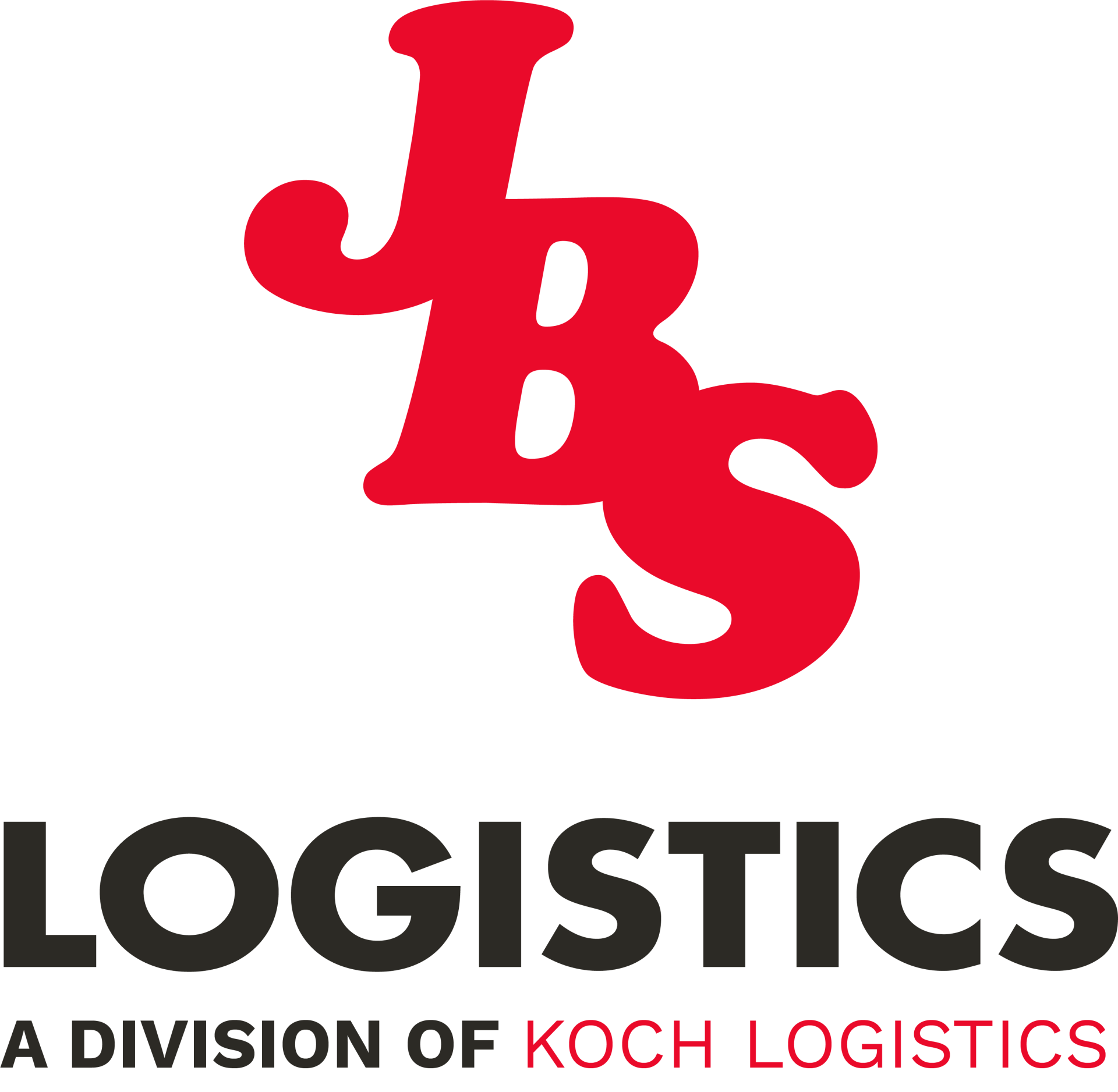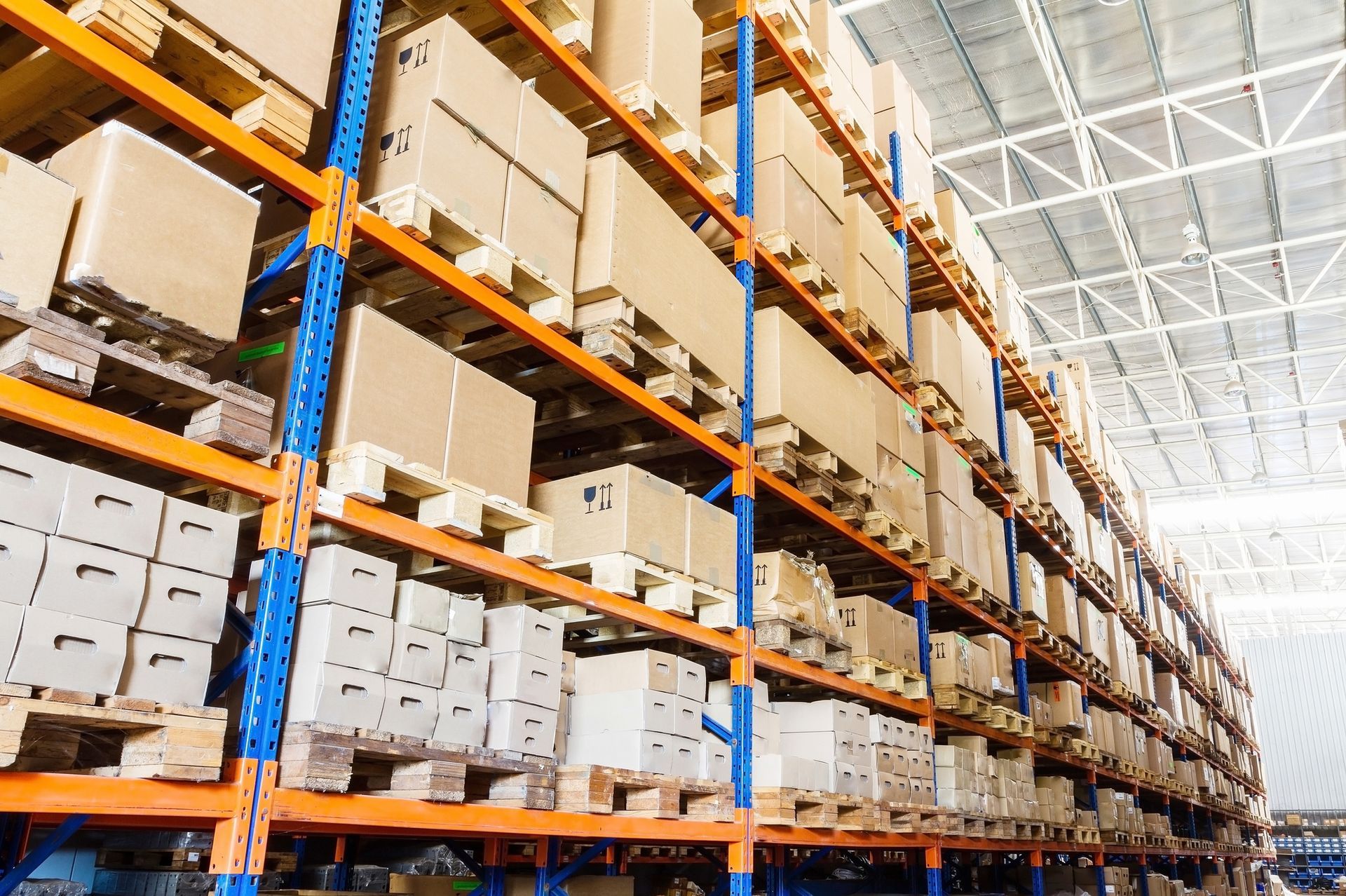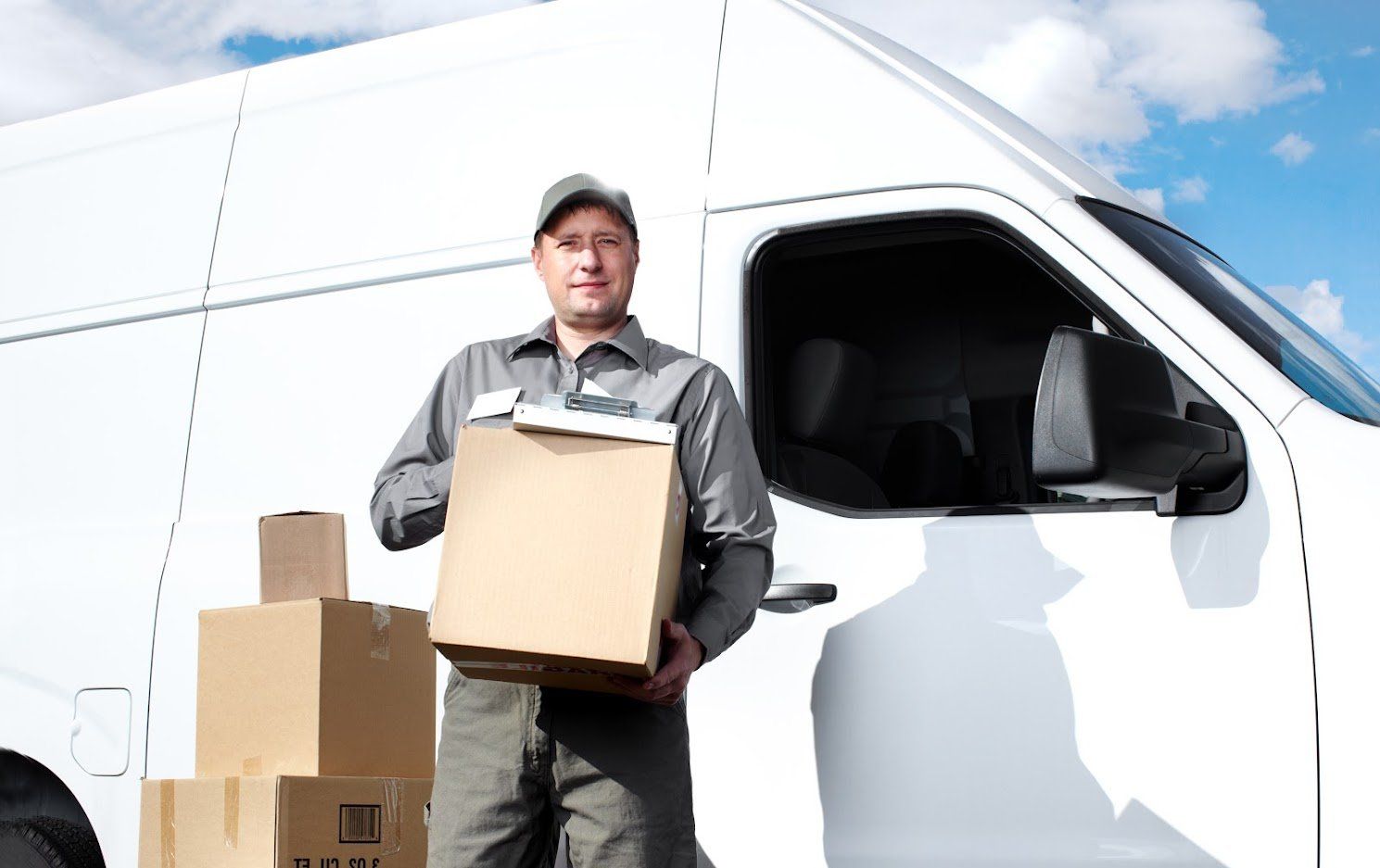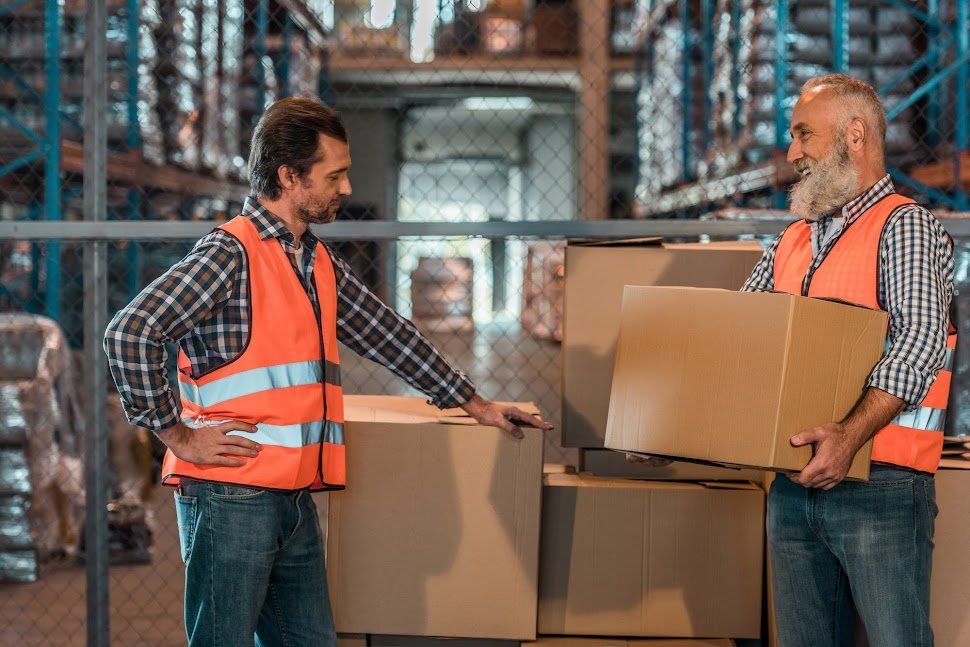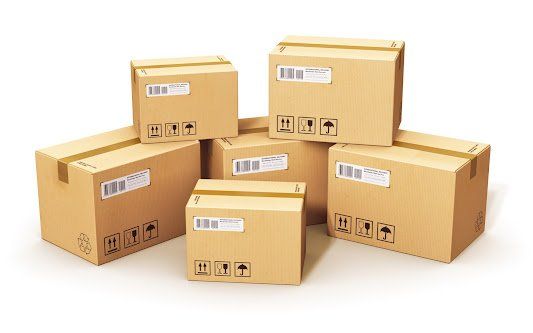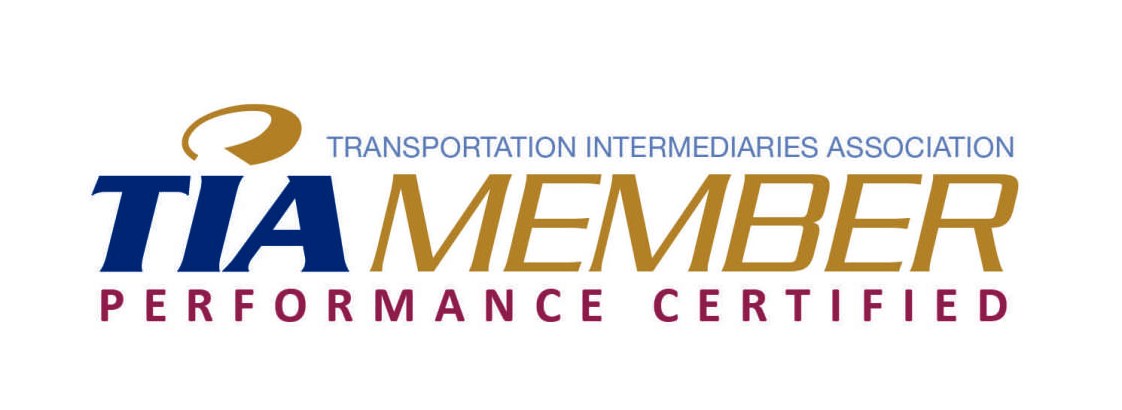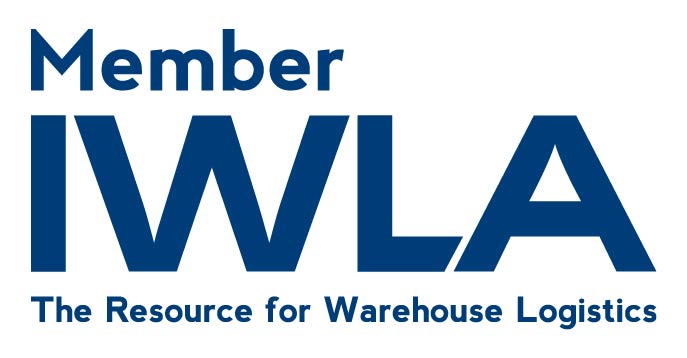1PL, 2PL, 3PL, or 4PL - Which Is Right for Your Business?

Any small business that sells products to customers - individuals or wholesale - relies on good shipping and transportation. In the logistics world, these services are generally broken up into four categories: 1PL, 2PL, 3PL, and 4PL. What do these designations mean for you? And when should you move to another level? Discover what you should know.
First-Party Logistics (1PL)
First-party logistics is a common way for small businesses to begin when they have only a local customer base. This is logistics all handled internally, usually on transportation that the business owns. At first, you might use your own car to bring samples to potential customers. Then, your transportation might grow to branded vans or trucks you use to make deliveries in the local area.
Clearly, most businesses outgrow first-party logistics pretty quickly. The primary reason is that it limits growth and expansion because you're limited geographically and financially.
Second-Party Logistics (2PL)
2PL is a shift from moving your own goods to using a delivery or shipping service directly. Your small business still does most of the administrative work, including determining the means of transportation, completing documentation, making follow-ups, handling changes and emergencies, and getting goods to and from drop-offs. But you now use a shipping service that generally owns its own vehicles.
The good news about second-party logistics is that it's relatively simple to use and you can save significantly on overhead. It also opens up a much larger world of potential customers. But this hybrid approach also means that you haven't saved much or any time on the administrative end of shipping and receiving.
Third-Party Logistics (3PL)
A third-party logistics service is the first step toward freeing yourself of the management of shipping and receiving processes. 3PL services don't necessarily own a huge supply of vehicles - often including trucks, trains, cargo ships, and
airplanes - but rather use a network of carriers and other providers. This expands their reach, adds flexibility, and reduces costs for clients. And they manage much of the process for you.
A small business should consider the value of a third-party logistics company when they start to notice problematic patterns in their shipping and receiving. For instance, does your internal staff spend more and more time managing the shipment of goods, both into and out from your business? Eventually, the gains from outsourcing some or all of this work will outweigh the control you get doing it internally.
In addition to time spent, consider other changes. Have your transportation costs risen? 3PL providers can help reduce costs in many different areas. Do you have problems with damage or loss during shipping? Professional help and management may help. Do you manage your current operation rather than exploring new lines and opportunities? Then maybe you need someone else to manage it for you.
Fourth-Party Logistics (4PL)
Finally, some companies benefit from going even further with a fourth-party logistics service. This service manages the work of 3PL providers, unifying the entire supply chain under their control.
With their larger perspective and greater experience, a fourth-party logistics company can help you solve much bigger problems that may take a more integrated touch. A small business that wants to pursue just-in-time inventory, for instance, may need help coordinating the entire process from start to finish.
Want to know more about your logistics options? Do you think you may need to move up to a new level of coordination? If so, start by learning more about how logistics operates and what services you can get help with. JBS Logistics can help. We provide an array of services to help you meet your goals - present and future - without breaking your budget. Call today to get started.
